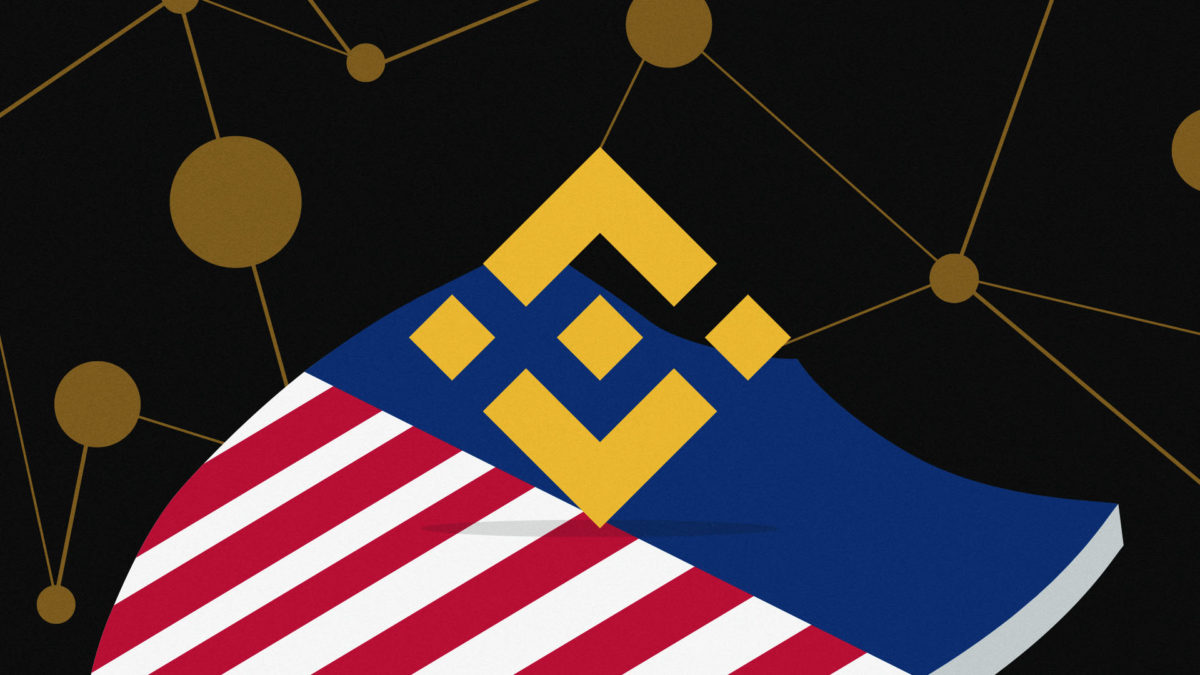Fate of crypto exchange Binance hangs on US money laundering investigation

The US Department of Justice (DOJ) is conflicted on whether a longstanding investigation into Binance and its executives should end with indictments or a plea, according to an investigation by Reuters.
Sources told the outlet that the charges under investigation are unlicensed money transmission, money laundering conspiracy, and sanctions violations. Law firm Gibson Dunn, which represents the crypto exchange, reportedly met with the Justice Department to discuss outcomes.
These potentially included plea deals, however proceedings are delayed until a decision can be made. Binance’s lawyers have argued that a prosecution would further damage the cryptocurrency market, Reuters said.
However, Binance issued an official statement denying the claims made by the outlet. “Reuters has it wrong again,” the crypto exchange’s official Twitter account said.
Read more: Documents reveal Alameda Research bought FTX stake from Binance
“We don’t have any insight into the inner workings of the US Justice Department, nor would it be appropriate for us to comment if we did,” the response read.
Three different Justice Department offices are said to be contributing to the inquiry: the Money Laundering and Asset Recovery Section (MLARS), the Western District of Washington in Seattle US Attorney Office, and the National Cryptocurrency Enforcement Team (NCET). Among the lawyers representing Binance are Kendall Day, a former chief of MLARS.
Outcome of Binance money laundering probe unclear
The investigation into claims that Binance was facilitating money laundering and sanctions evasion began in 2018. A request for documents was sent from the DOJ to Binance in December 2022.
An advisor to one of the individuals in this request reportedly received a panicked call that described how Binance had erased many of the documents requested, due to rules established by its chief exec Changpeng Zhao.
As late as August of 2021, Binance allowed people to register accounts using only an email address, instead of the industry-standard ‘due diligence.’ Zhao has previously tweeted: “VPNs [are] a necessity, not optional.”
That same year, Binance began a recruitment program to hire law enforcement officials from the US, in an apparent attempt to improve their internal posture on these issues.
In the meantime, however, Binance continues to struggle with the outfall of crypto exchange FTX. Customers are increasingly choosing to remove their funds from centralized platforms such as Binance, with November being a record-breaking month for crypto flowing out of exchanges.
Just on Monday alone, Binance saw $900 million in assets offloaded by customers. Indeed, the fate of many crypto exchanges is looking murkier than ever, in what has swiftly become one of the most challenging years for the industry.
Prosecutors at NCET and in Seattle believe they have sufficient evidence to bring charges against Binance and Zhao, but MLARS has been hesitant. At this point, it remains unclear if the investigation will end in a plea deal, a fine, or a criminal prosecution.
For more informed news, follow us on Twitter and Google News or listen to our investigative podcast Innovated: Blockchain City.
